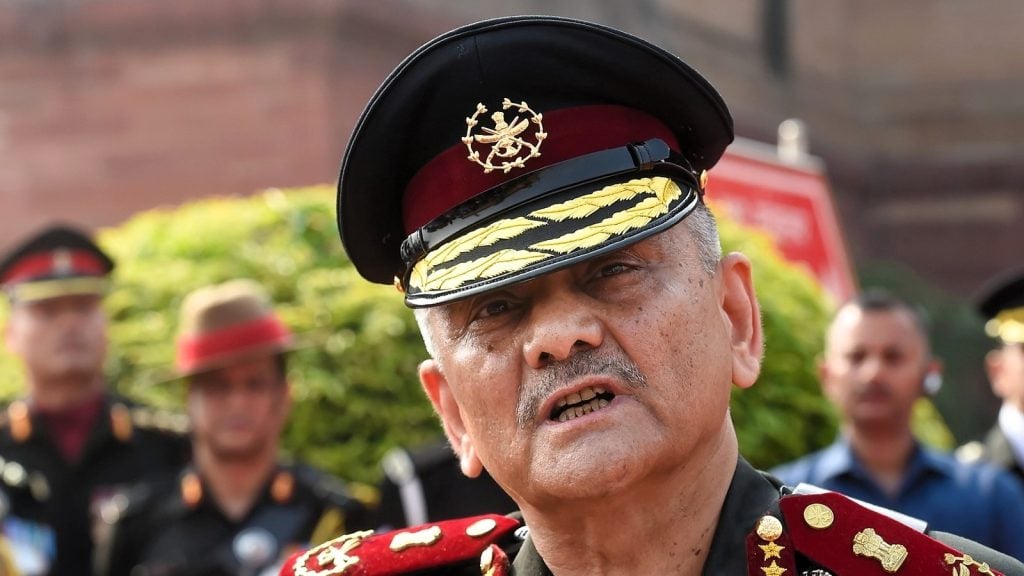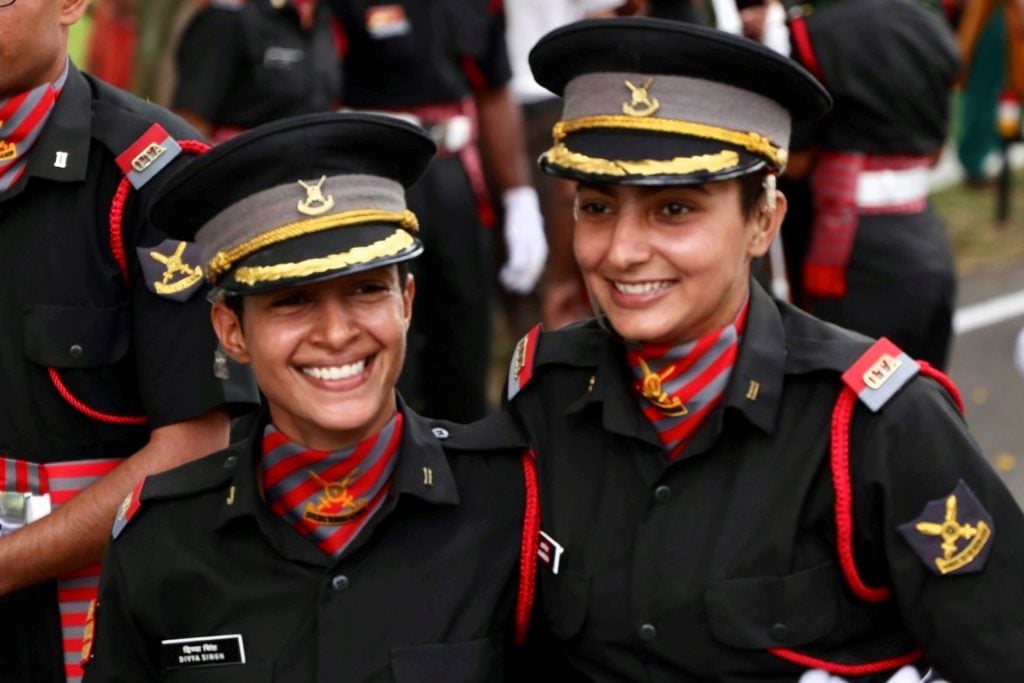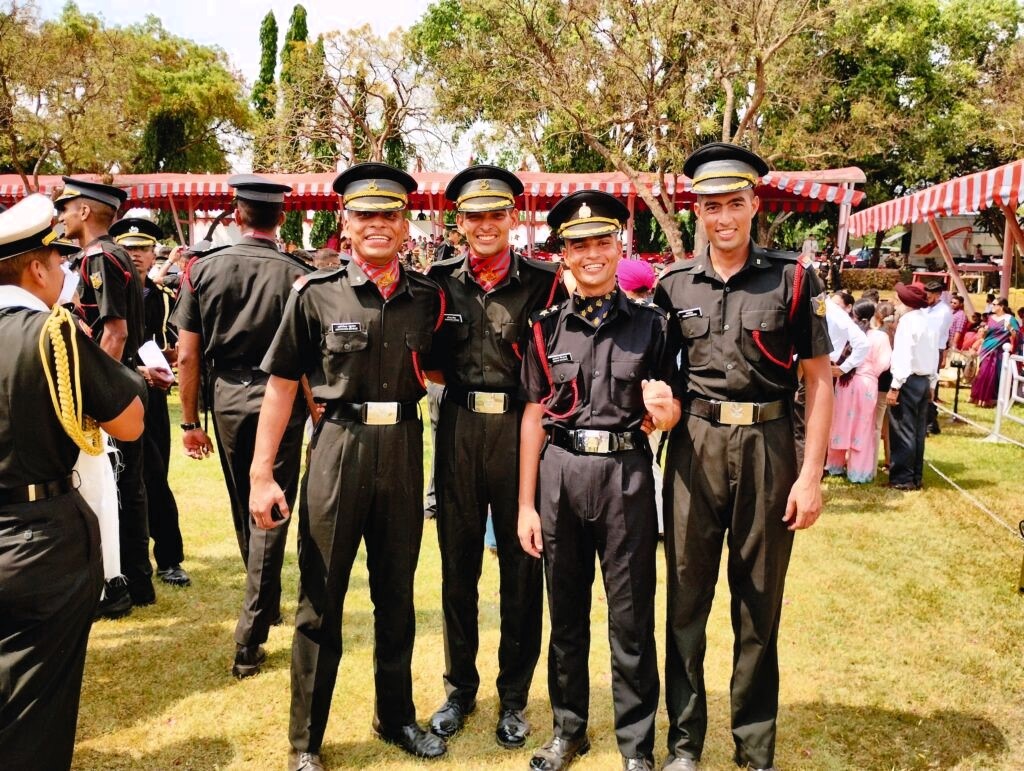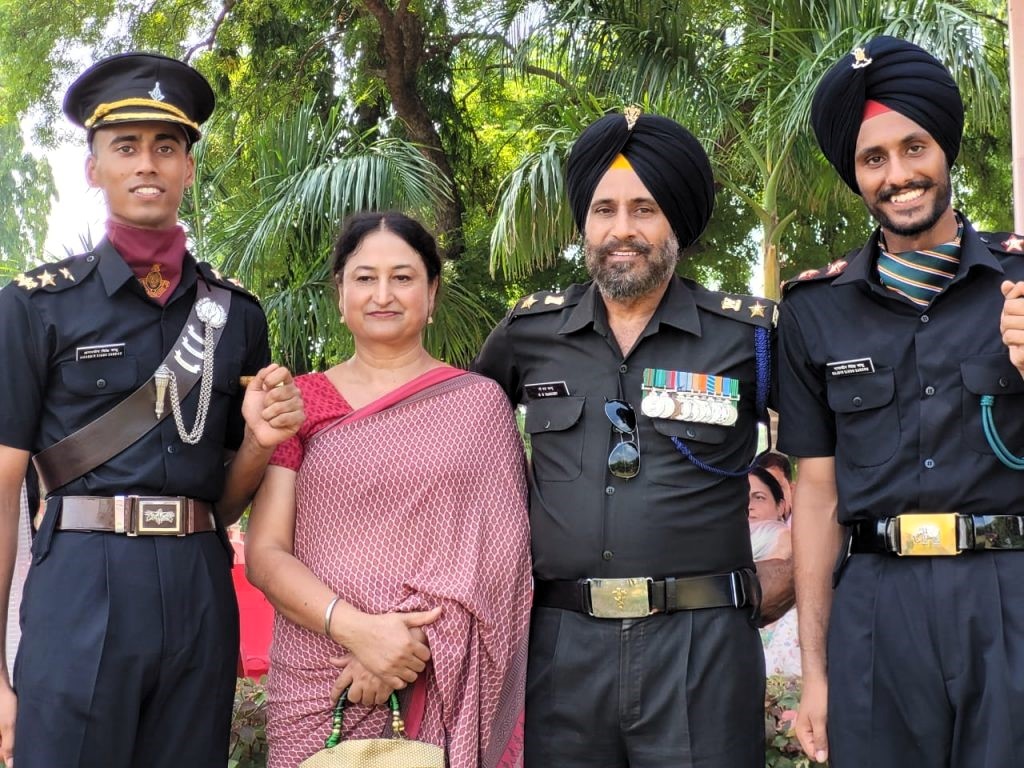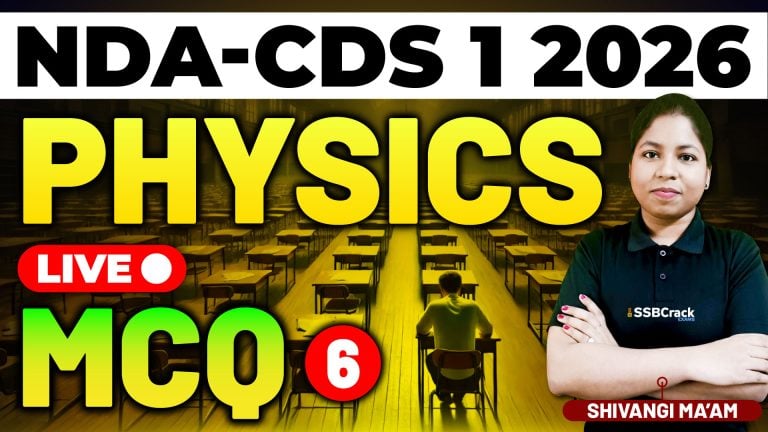Preparing for the Combined Defence Services (CDS) Service Selection Board (SSB) interview can be a daunting task for many candidates. The SSB interview is not just a test of knowledge; it evaluates your personality, leadership skills, and overall suitability for a career in the armed forces.
To help you navigate this challenging process, we’ve compiled a comprehensive guide with the top 13 tips to prepare effectively for your CDS SSB interview.
Also Read | CDS Eligibility 2025, Age Limit for Men and Women
1. Understand the SSB Process
Before diving into preparation, it’s crucial to familiarize yourself with the SSB selection process. The SSB interview typically consists of several stages, including:
- Psychological Tests: These include the Thematic Apperception Test (TAT), Word Association Test (WAT), and Situation Reaction Test (SRT), designed to assess your personality traits and thought processes.
- Group Tasks: Candidates participate in various group discussions and activities to evaluate teamwork, communication, and leadership skills.
- Personal Interview: This is an opportunity for the assessors to understand your background, motivations, and suitability for a career in the defence forces.
Understanding these stages will help you tailor your preparation and approach each phase with confidence.
2. Physical Fitness Matters
While the SSB interview is primarily a test of mental acuity and personality, physical fitness cannot be overlooked. Regular physical training is essential for maintaining overall health and discipline. Here are some tips to enhance your physical readiness:
- Establish a Routine: Create a workout schedule that includes running, strength training, and flexibility exercises. Aim for at least 30 minutes of physical activity daily.
- Focus on Endurance: Incorporate cardiovascular exercises like jogging or cycling to build stamina, which is crucial for the physical tasks during the SSB.
- Participate in Sports: Engaging in team sports can improve your teamwork skills while keeping you fit.
3. Develop Strong Communication Skills
Effective communication is vital during the SSB interview, especially during group discussions and personal interviews. Here are ways to enhance your communication abilities:
- Practice Public Speaking: Join clubs or groups that encourage public speaking, such as Toastmasters. This will boost your confidence and articulation.
- Engage in Group Discussions: Regularly participate in discussions with peers on current affairs or relevant topics. This will help you articulate your thoughts clearly.
- Listen Actively: Good communication is as much about listening as it is about speaking. Practice active listening to understand others’ perspectives better.
4. Stay Updated on Current Affairs
Being well-informed about current events is crucial for your SSB preparation. Here’s how to stay updated:
- Read Newspapers Daily: Make it a habit to read a reputable newspaper every day. Focus on national and international news, as well as defence-related articles.
- Follow Online News Portals: Subscribe to online news platforms or apps that provide news alerts and summaries.
- Engage with Discussion Forums: Participate in online forums or social media groups focused on current affairs to enhance your understanding and perspective.
5. Self-Reflection and Introspection
Understanding yourself is key to presenting your best self during the SSB interview. Here’s how to engage in effective self-reflection:
- Identify Your Strengths and Weaknesses: Make a list of your strengths and areas for improvement. This will help you present a balanced view of yourself during the interview.
- Seek Feedback: Ask friends, family, or mentors for constructive feedback on your personality traits and areas you can work on.
- Practice Self-Assessment: Regularly reflect on your experiences, decisions, and interactions to gain insights into your behavior and thought processes.
6. Master the Personal Interview
The personal interview is your opportunity to shine and showcase your motivations and suitability for a career in the armed forces. Here’s how to prepare:
- Know Your PIQ: The Personal Information Questionnaire (PIQ) is vital. Ensure that you are familiar with everything you have written in it.
- Prepare for Common Questions: Anticipate questions related to your background, interests, and reasons for joining the armed forces. Practice your responses to sound confident and articulate.
- Stay Authentic: Be honest and genuine in your responses. Authenticity resonates well with assessors.
7. Enhance Your Leadership Skills
Leadership is a critical quality sought by the armed forces. Here are steps to develop your leadership skills:
- Take Initiative: Engage in activities that require you to lead, whether in academic settings, community service, or sports.
- Learn from Leaders: Observe and learn from effective leaders in your community or workplace. Analyze their leadership styles and incorporate what resonates with you.
- Participate in Group Activities: Join clubs or organizations where you can practice leadership in group settings.
Also Read | Top 11 Mistakes CDS Aspirants Must Avoid
8. Practice Psychological Tests
The psychological tests are essential components of the SSB process. Preparing for these tests can significantly enhance your performance:
- Familiarize Yourself with the Tests: Understand the structure and purpose of TAT, WAT, and SRT. Knowing what to expect will help reduce anxiety.
- Practice Regularly: Use online resources or books that provide practice tests for the psychological assessments. Regular practice will improve your response time and clarity.
- Reflect on Your Responses: After practicing, review your responses to understand your thought patterns and areas for improvement.
9. Engage in Group Activities
Group activities are integral to the SSB process and help assess your teamwork and leadership abilities. Here’s how to excel in group tasks:
- Collaborate with Peers: Engage in group discussions and collaborative projects with friends or peers. This will help you learn how to work effectively in a team.
- Practice Problem-Solving: Participate in group problem-solving exercises to enhance your ability to think critically and work collaboratively.
- Stay Positive and Supportive: During group tasks, maintain a positive attitude and support your teammates. This demonstrates your leadership qualities.
10. Prepare for Group Discussions (GD)
Group discussions are a common feature of the SSB process. Here’s how to prepare effectively:
- Understand the Format: Familiarize yourself with the GD format. Understand the rules and objectives of the discussion.
- Research Topics: Stay updated on various topics that might come up in GDs, including current affairs, social issues, and defence-related subjects.
- Practice Articulating Your Thoughts: Regularly practice discussing topics with friends or family to enhance your ability to articulate your thoughts clearly and concisely.
11. Develop a Strong General Knowledge Base
General knowledge is essential for performing well in the SSB interview. Here’s how to build a solid foundation:
- Read Widely: Explore books, articles, and online resources covering a range of subjects, including history, geography, politics, and current events.
- Engage with Quizzes: Participate in general knowledge quizzes, either online or in groups, to test and enhance your knowledge.
- Stay Curious: Cultivate a habit of curiosity. Ask questions and seek answers on topics that interest you.
12. Manage Stress Effectively
The SSB interview can be stressful, but managing stress is crucial for optimal performance. Here are some techniques to help you cope:
- Practice Relaxation Techniques: Engage in activities such as yoga, meditation, or deep breathing exercises to calm your mind.
- Maintain a Healthy Lifestyle: Ensure you get enough sleep, eat a balanced diet, and engage in regular physical activity to keep your body and mind healthy.
- Stay Positive: Cultivate a positive mindset by surrounding yourself with supportive people and engaging in activities that bring you joy.
13. Mock Interviews and Peer Reviews
Conducting mock interviews with peers can significantly enhance your preparation. Here’s how to make the most of this practice:
- Organize Mock Sessions: Set up mock interviews with friends or mentors who can provide constructive feedback.
- Record Your Sessions: If possible, record your mock interviews to review your performance and identify areas for improvement.
- Focus on Feedback: Be open to feedback and use it to refine your responses and presentation style.
Also Read | How to Crack CDS in First Attempt?
Conclusion
Preparing for the CDS SSB interview requires a multifaceted approach that encompasses physical fitness, effective communication, self-reflection, and knowledge acquisition. By implementing the top 13 tips outlined in this guide, you can enhance your chances of success and present your best self during the selection process. Remember, the key to acing your SSB interview lies in your preparation, self-awareness, and confidence.
FAQs
1. How long should I prepare for the CDS SSB interview?
Preparation duration varies for each candidate, but a focused effort over several months can be beneficial.
2. Are coaching classes necessary for SSB preparation?
Coaching classes can be helpful for some, but self-study and practice can also lead to success.
3. What should I wear to the SSB interview?
Dress formally and maintain a neat appearance. A well-groomed look reflects professionalism.
4. How can I improve my group discussion skills?
Regular practice, staying informed, and actively participating in discussions can enhance your GD skills.
5. Is physical fitness important for the SSB interview?
While not the primary focus, physical fitness contributes to overall discipline and confidence, which are crucial for the SSB.

